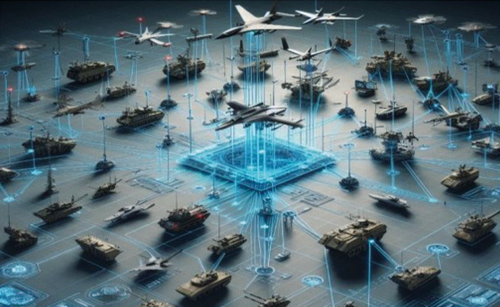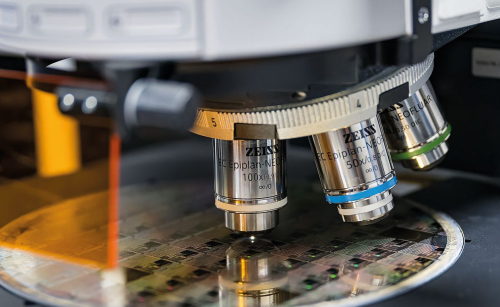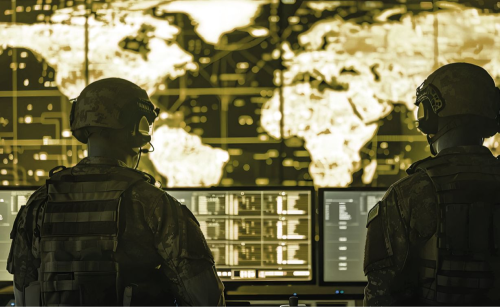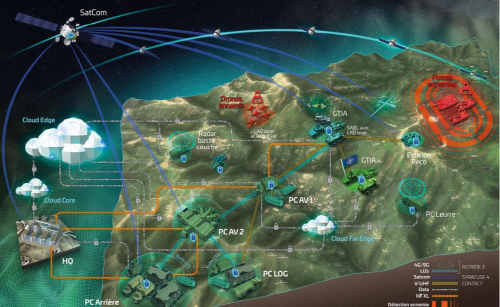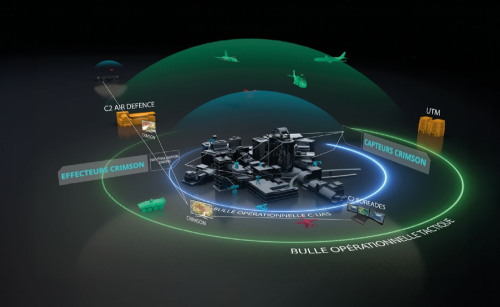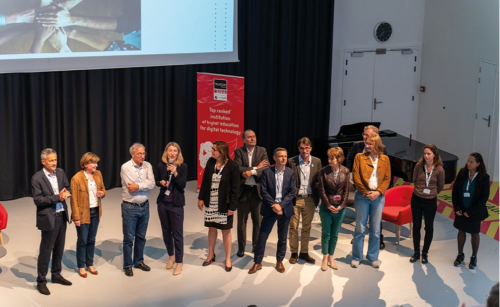
AI in the service of Defense: a wealth of opportunities, provided you (also) master the specifics of this unique field...
In an increasingly connected, data- and information-intensive world, Artificial Intelligence technologies are now an almost natural part of our daily lives, enhancing our user experiences or creating new ones.
The defense industry is no exception, and like all other sectors, is faced with a veritable explosion of data. But it is also faced with an increase and diversification of threats, and a sharp acceleration in tempo, whether it be the tempo of triggering geopolitical events or of operations carried out by our armies.
At the same time, the number of armed forces operators remains more or less constant.
Armies therefore have very high expectations of solutions based on Artificial Intelligence technologies, which are now generally considered to be mature, and in some cases have already been deployed in the civilian sector.
Whether it's helping them in their day-to-day operations by automating lower value-added tasks, lightening their cognitive load, obtaining relevant information from very large volumes of increasingly heterogeneous data, or giving them a superior view of an (often complex) situation, which can prove crucial in making the right decision, at the right time.
The applications of AI for defense are vast, from the movement of autonomous platforms (drones, mules or air, land and sea robots), predictive maintenance of military platforms, real-time assistance to operators (in driving or combat phases), on-board systems and sensors (radar, etc.), countermeasures, or the concept of the augmented soldier... without of course being exhaustive.
And that's without forgetting the applications linked to improving the internal processes of armies and the industries that serve them, as in most organizations today.
It should also be noted that some of the products and solutions used by the armed forces have long embodied AI technologies, such as rule-based systems, neural network technology, fuzzy logic algorithms...
But we propose to focus here essentially on the opportunities brought by more recent, data-driven AI technologies (learning techniques, deep neural networks - or Machine Learning and Deep Learning, ...).
This in the fields of Information Superiority and Decision Support, the ultimate objectives of the C5ISR (*) domain, intimately linked to data.
Authors

Knowledge in Business modelling (requirement capture) and system engineering tools.
Research and development in image processing, geography, security, simulation.







